- Why Security Measures are Important for Customer Wallets in Ecommerce
- Security Measures for Customer Wallets in Ecommerce
- Wrapping Up
- FAQs
- How can I further enhance the security of my wallet on your platform?
- What measures are in place to prevent unauthorized access to customer wallets?
- Can I trust your eCommerce platform with my financial information?
- Are my payment details safe when making purchases through your platform?
- What steps do you take to protect customer data privacy?
Security Measures for Customer Wallets in Ecommerce
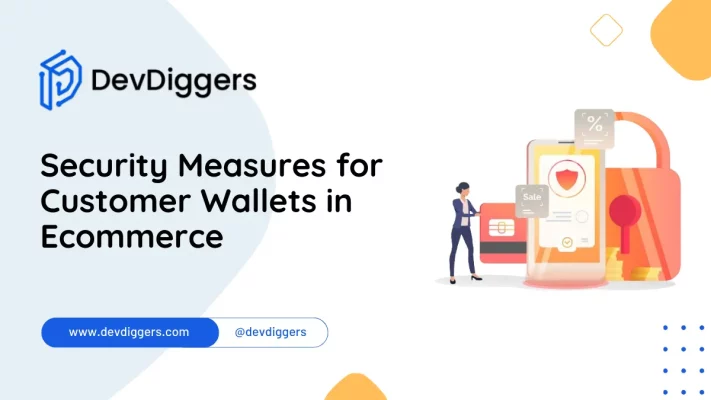
- Why Security Measures are Important for Customer Wallets in Ecommerce
- Security Measures for Customer Wallets in Ecommerce
- Wrapping Up
- FAQs
- How can I further enhance the security of my wallet on your platform?
- What measures are in place to prevent unauthorized access to customer wallets?
- Can I trust your eCommerce platform with my financial information?
- Are my payment details safe when making purchases through your platform?
- What steps do you take to protect customer data privacy?
In the realm of eCommerce, ensuring the safety of customer wallets is most important. As online transactions increase, so do the risks of unauthorized access to personal and financial information.
Thus, implementing effective security measures for customer wallets in eCommerce is essential. These measures strengthen trust and credibility and shield sensitive data from potential breaches.
In this blog, we explore various strategies and technologies for protecting the security of customer wallets in eCommerce platforms.
Join us as we look into how businesses can enhance security posture and effectively reduce risks.
Why Security Measures are Important for Customer Wallets in Ecommerce
Security measures for customer wallets in eCommerce are essential for several reasons:
- Protection of Financial Information: Implementing strong security measures for customer wallets in eCommerce ensures the confidentiality and safeguarding of sensitive financial data like credit card details, debit card numbers, and bank account information.
- Fraud Prevention: Ecommerce platforms are frequent targets for fraudulent activities such as identity theft and credit card fraud. Strong security measures, encryption, and multi-factor authentication help reduce risks and prevent fraudulent transactions.
- Building Trust: Prioritizing security measures for customer wallets in eCommerce demonstrates a commitment to protecting customer information, building trust, and enhancing credibility with the customer base.
- Compliance Obligations: eCommerce businesses must stick to various regulatory requirements and industry standards, such as the Payment Card Industry Data Security Standard (PCI DSS).
- Preventing Data Breaches: Data breaches pose significant risks, including financial loss and reputational damage. Businesses can minimize the risk of unauthorized access and protect customer data by implementing security measures for customer wallets in eCommerce, such as firewalls and regular security audits.
Security Measures for Customer Wallets in Ecommerce
If you’re using a WooCommerce plugin, you can use our WooCommerce Wallet plugin to implement the digital wallet functionality in your eCommerce store.
Our plugin seamlessly integrates with WooCommerce, allowing your customers to easily manage their funds, make purchases, and streamline their checkout experience.
Here are ten effective security measures for safeguarding customer wallets in eCommerce:
1. Strong Encryption
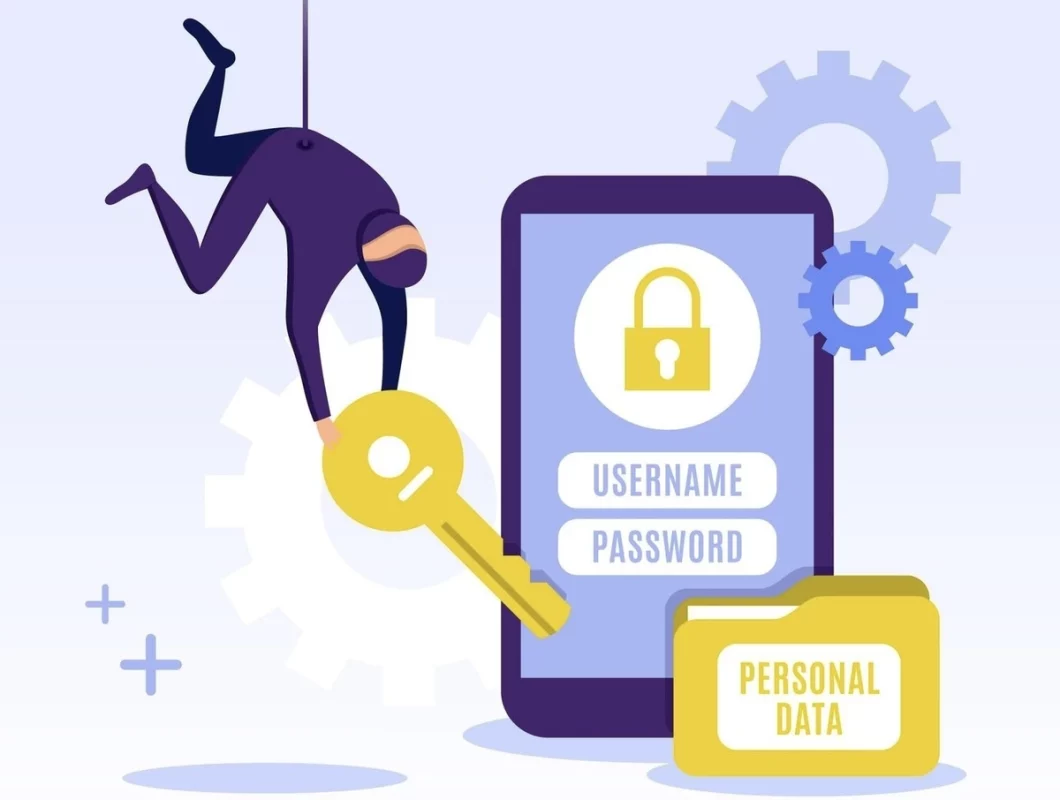
Strong encryption is a crucial security measure for protecting customer wallets in online stores.
Encryption transforms sensitive information, such as credit card numbers, into secret codes that make it unreadable to unauthorized users.
It’s like adding a unique lock to keep the information safe. When you see a little padlock symbol next to a website’s address, encryption is being used to protect your information as it moves between your computer and the website’s servers.
By using strong encryption, like two-factor authentication, online stores ensure that your private details remain private and secure, making it a vital aspect of security measures for customer wallets in eCommerce.
2. Secure Payment Gateways

Secure payment gateways play a critical role in ensuring the safety of online transactions. They are a vital component of security measures for customer wallets in eCommerce.
These gateways serve as intermediary platforms between customers, merchants, and financial institutions, facilitating the secure processing of payments.
Reputable payment gateways prioritize protecting sensitive payment information during transmission by employing strong encryption, tokenization, and fraud detection mechanisms.
Compliance with industry standards such as the Payment Card Industry Data Security Standard (PCI DSS) underscores their commitment to data security.
Additionally, these gateways often offer supplementary security features like address verification systems (AVS) and card verification value (CVV) checks, further strengthening transaction authentication and preventing unauthorized access.
Businesses strengthen customer confidence by integrating a trusted and secure payment gateway into their eCommerce infrastructure, ensuring their payment details are shielded from fraudulent activities and breaches.
3. Multi-factor Authentication (MFA)
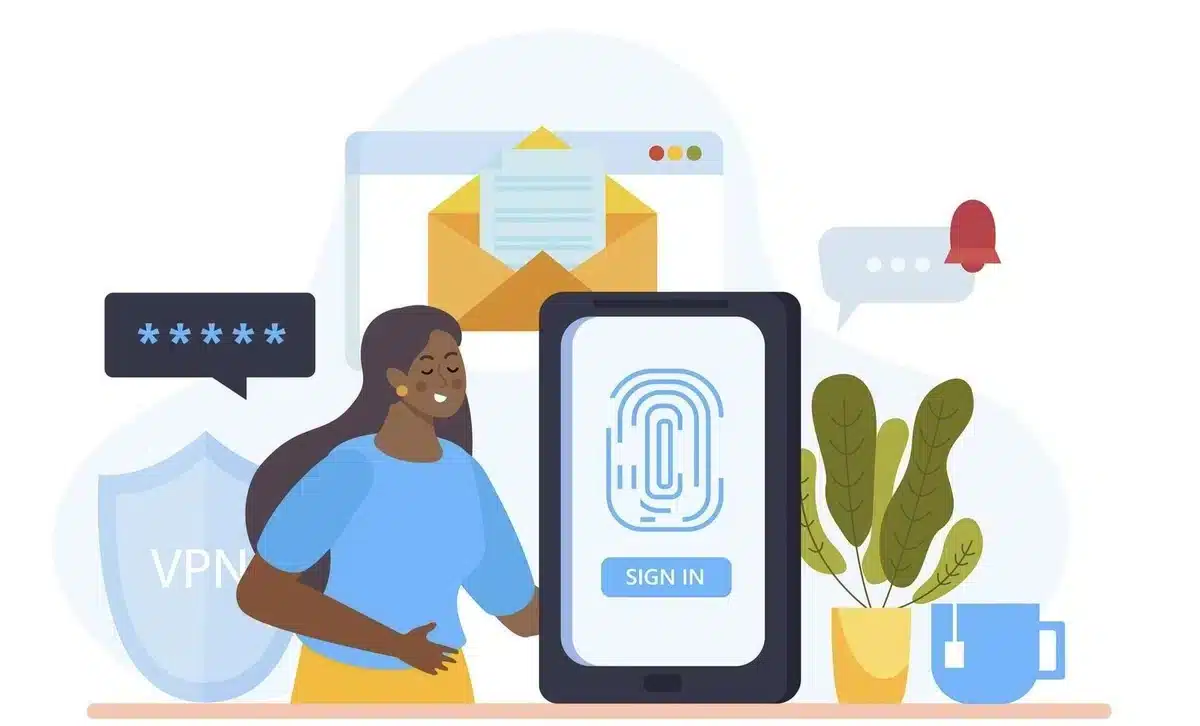
Multi-factor Authentication (MFA) is an essential component of security measures for customer wallets in eCommerce.
This method elevates security protocols by necessitating users to furnish multiple forms of verification before accessing their accounts or initiating transactions.
Typically, MFA combines something the user knows (like a password) with something they have (such as a mobile device or security token) or biometrics (like a fingerprint or facial recognition).
By integrating these additional layers of authentication, MFA substantially reduces the risk of unauthorized access, even when passwords are compromised.
It creates an additional barrier that cybercriminals must cross, significantly improving the protection of customer wallets and sensitive financial data.
Additionally, MFA promotes confidence in customers, assuring them that their accounts remain shielded against unauthorized access and fraudulent activities.
eCommerce platforms can seamlessly integrate MFA into their systems, providing customers with a secure and straightforward method of accessing their wallets and conducting transactions with peace of mind.
4. Regular Security Audits
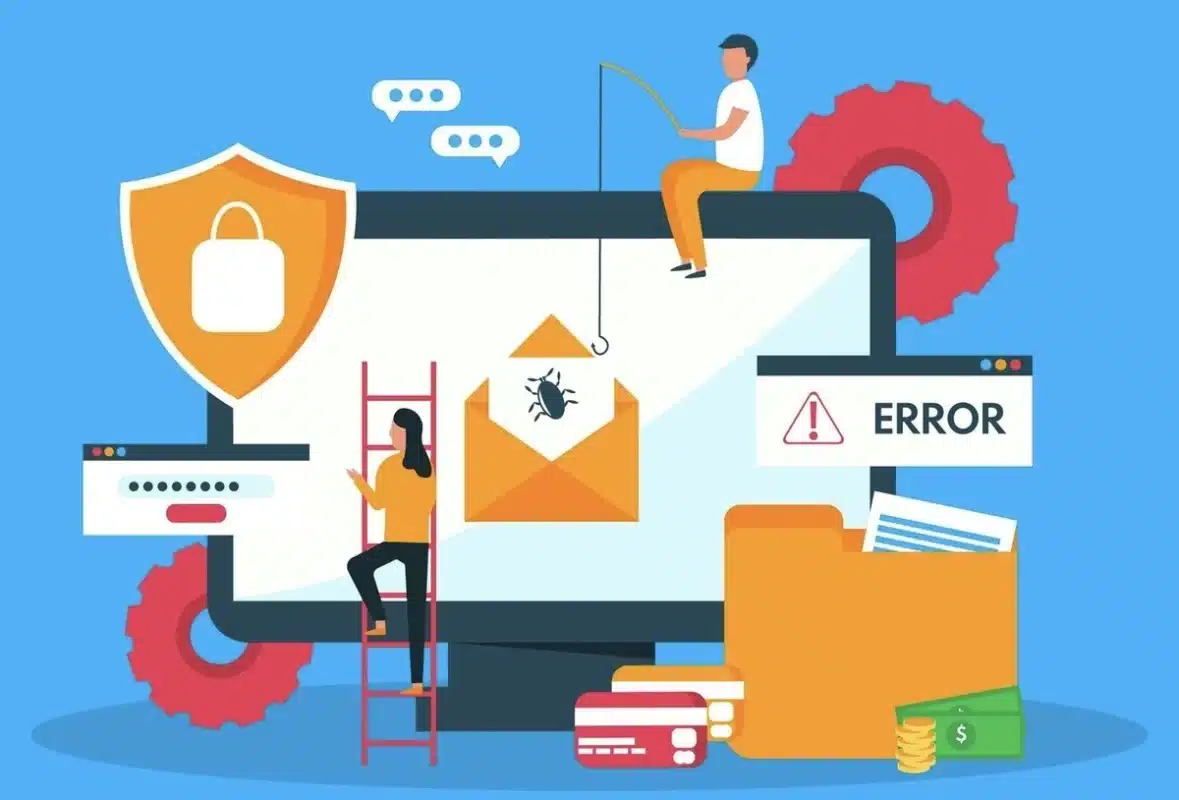
Regular security audits are essential security measures for customer wallets in eCommerce.
These audits comprehensively evaluate the entire eCommerce infrastructure, including website components, databases, servers, and network systems.
Security experts conduct thorough assessments to pinpoint vulnerabilities, misconfigurations, and potential security loopholes that could compromise the integrity of customer wallet data.
Moreover, these audits often include penetration testing, where ethical hackers simulate real-world cyber-attacks to determine the eCommerce platform’s response to various threats.
By conducting these audits regularly, eCommerce businesses can effectively address security weaknesses before malicious entities exploit them.
Ultimately, regular security audits effectively strengthen the defenses of eCommerce platforms, safeguarding customer wallets and building trust among users.
5. Fraud Detection Systems
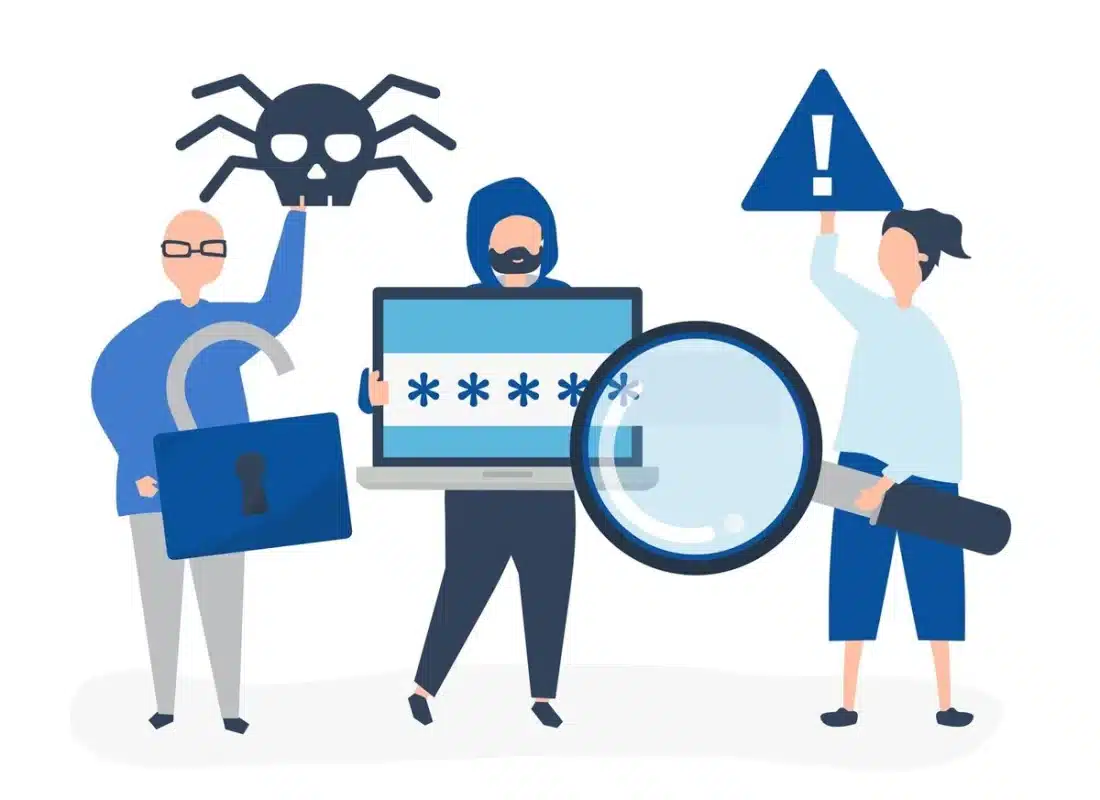
Fraud detection systems are vital components of security measures for customer wallets in eCommerce and play a critical role in improving the safety of customer transactions.
These systems use advanced algorithms and machine learning techniques to examine transactional data and user behavior, swiftly identifying and preventing potential fraudulent activities.
These systems provide real-time alerts by continuously monitoring for anomalies such as unusual spending patterns or suspicious login attempts, allowing businesses to take immediate action to protect customer wallets.
Moreover, integrating fraud detection systems with other security measures like multi-factor authentication and secure payment gateways enhances the overall security posture of the eCommerce platform, creating trust and confidence among customers.
This preventive approach safeguards customer finances and secures the reputation of the e-commerce business against evolving fraud tactics.
6. Compliance with PCI DSS
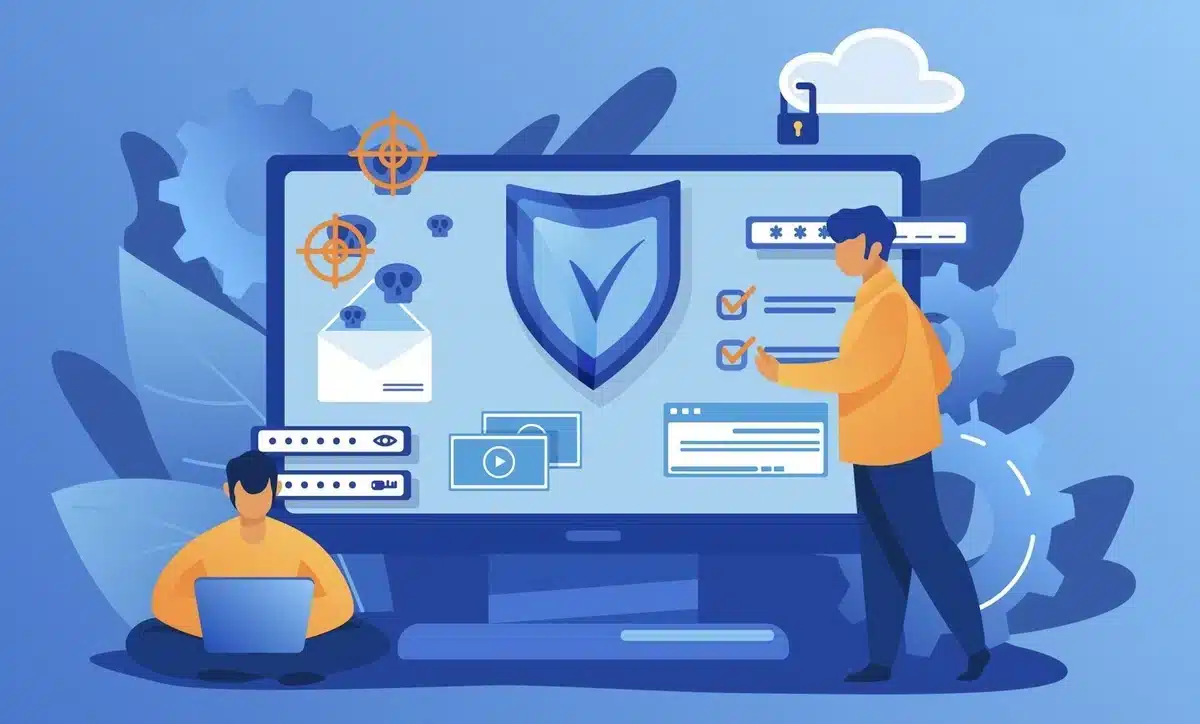
Compliance with the Payment Card Industry Data Security Standard (PCI DSS) is fundamental to eCommerce security measures for customer wallets.
PCI DSS provides a comprehensive framework for securely handling payment card data, ensuring the protection of customer financial information throughout online transactions.
Maintaining PCI DSS standards demonstrates a commitment to safeguarding customer wallets and mitigating the risk of data breaches and fraud in eCommerce environments.
Implementing PCI DSS compliance involves various vital measures, including solid access controls, encryption of cardholder data, regular network monitoring and vulnerability assessments, and establishing strict information security policies.
Additionally, businesses must undergo regular assessments and audits by certified security assessors to validate their adherence to PCI DSS requirements
7. Firewall Protection
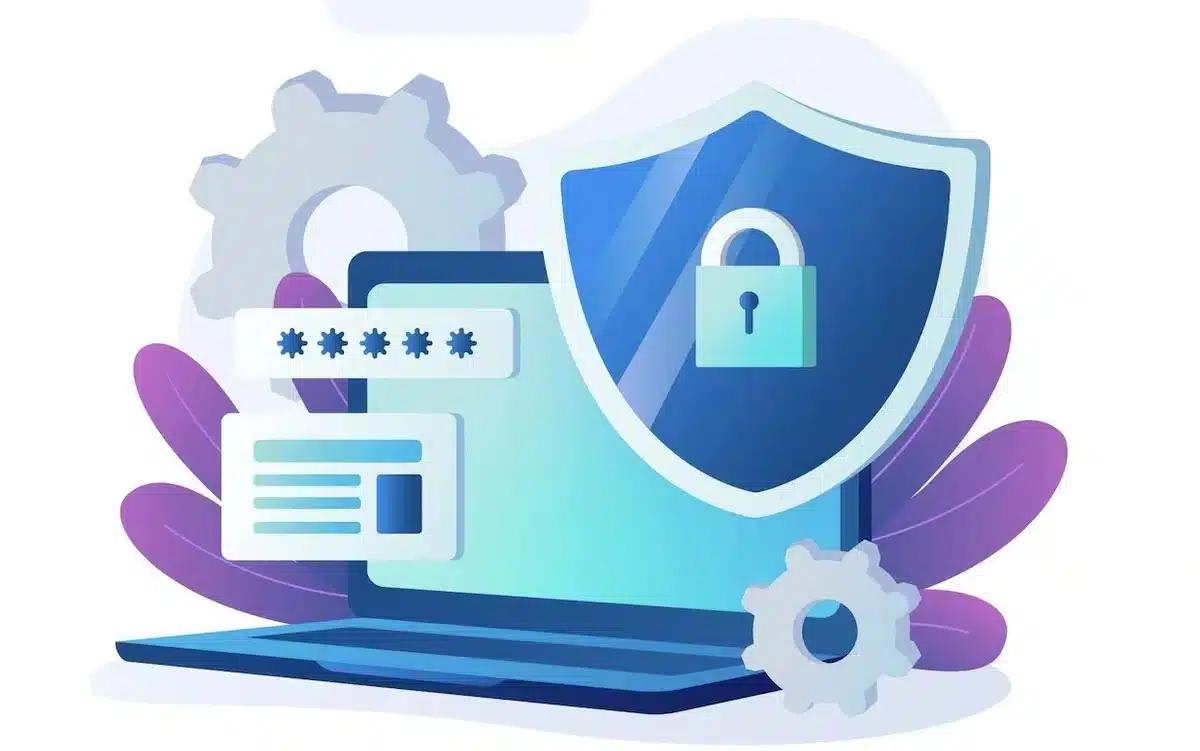
Firewall protection is a vital aspect of security measures for customer wallets in eCommerce.
Firewalls monitor and control network traffic, safeguarding sensitive customer data stored on eCommerce servers by acting as a barrier between trusted internal networks and potential threats from external sources.
They detect and block unauthorized access attempts, reduce the risk of data breaches, and combat various cyber threats like DDoS attacks, Brute Force attacks, and malware attacks.
Regular updates and proactive monitoring ensure practical firewall functionality, enhancing overall eCommerce security and customer trust.
8. Regular Software Updates

As one of the crucial security measures for customer wallets in eCommerce, regular software updates play a vital role in ensuring the security and integrity of the platform.
These updates encompass various components, including the core eCommerce software, plugins, extensions, and third-party integrations.
These elements can introduce vulnerabilities that cybercriminals may exploit to gain unauthorized access to customer data or compromise payment processes.
Updating software regularly ensures that any known security vulnerabilities or weaknesses are promptly addressed with patches or fixes provided by the software developers.
These updates often include security patches that close loopholes or address vulnerabilities identified through security audits, bug bounties, or reports from cybersecurity researchers.
9. Data Encryption at Rest
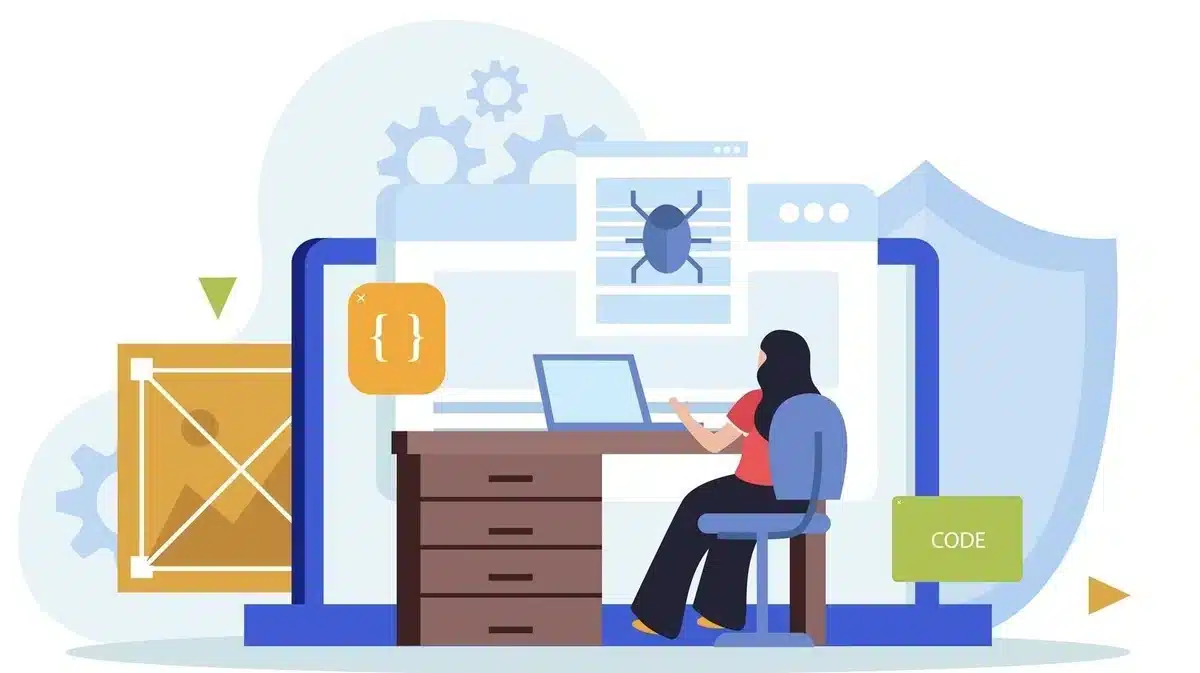
Data Encryption at Rest is a vital component of security measures for customer wallets in eCommerce.
It involves encrypting customer wallet data stored on servers or databases, making it unreadable without the appropriate decryption key.
This process ensures that sensitive financial information remains protected, even when not actively accessed.
By implementing data encryption at rest, eCommerce businesses add a layer of security to safeguard against unauthorized access and potential data breaches.
Compliance regulations, such as the General Data Protection Regulation (GDPR) and the Health Insurance Portability and Accountability Act (HIPAA), often mandate data encryption to protect customer privacy and ensure regulatory compliance.
Therefore, prioritizing data encryption at rest demonstrates a commitment to protecting customer wallets and upholding eCommerce’s highest data security standards.
10. User Education
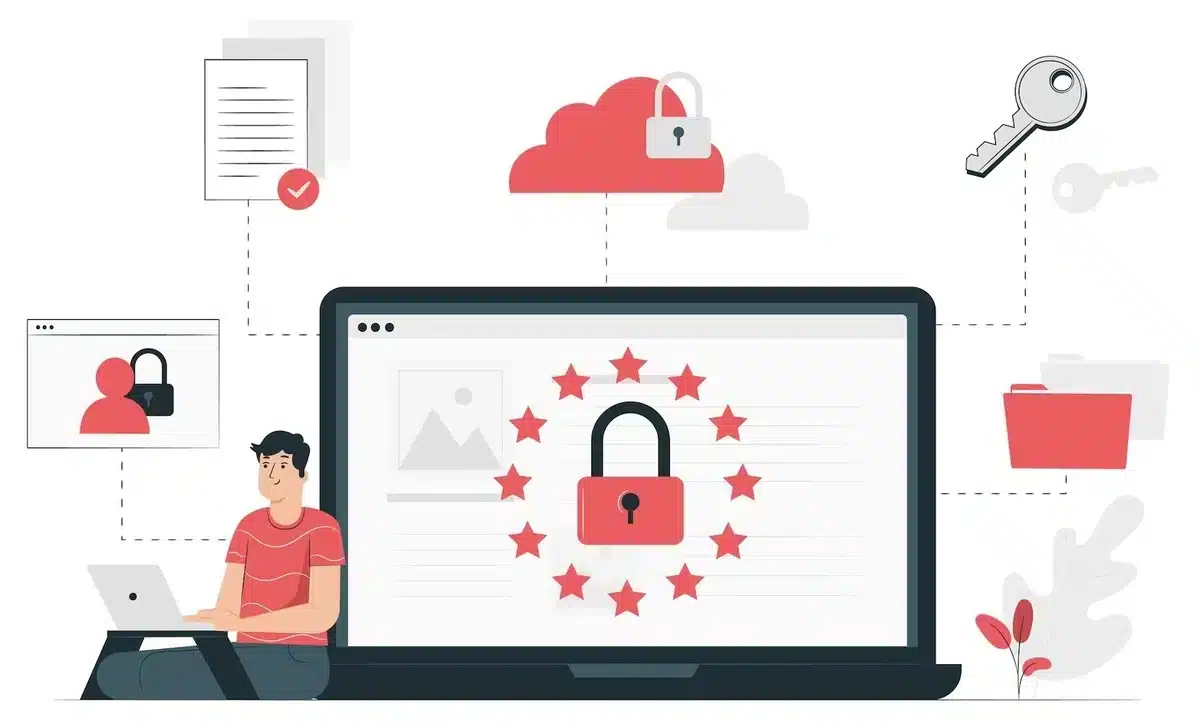
Educating customers about cybersecurity best practices is essential to ensuring the security of their wallets in eCommerce.
By providing comprehensive guidance on how to protect their accounts and sensitive information, such as advising them to create strong, unique passwords, avoid clicking on suspicious links or emails, and regularly monitor their transaction history for any unauthorized activity, businesses empower their customers to be preventive in safeguarding their financial data.
Additionally, educating users about common online scams, such as phishing attacks, helps them recognize potential threats and respond appropriately, thereby reducing the risk of falling victim to fraud.
By investing in user education initiatives as part of their overall security measures for customer wallets in eCommerce, businesses not only enhance the security posture of their platforms but also increase a sense of trust and accountability among their customer base.
Wrapping Up
In conclusion, prioritizing security measures for customer wallets in eCommerce is essential for maintaining trust and safety in online shopping.
By implementing robust security protocols such as multi-factor authentication, encryption, and regular audits, businesses can ensure that customer’s financial information remains secure.
Educating customers about online safety practices also plays a crucial role in safeguarding their wallets.
As technology evolves, it’s essential for businesses to continuously update and improve their security measures to adapt to new threats.
When businesses prioritize the security of customer wallets, it protects their reputation and creates a safer and more reliable online shopping experience for everyone involved.
You can promote the wallet in eCommerce by highlighting its benefits and features to your customers. Showcase how using a digital wallet simplifies checkout, offers secure transactions, and provides convenient fund management.
FAQs
How can I further enhance the security of my wallet on your platform?
We recommend enabling additional security features such as two-factor authentication (2FA) and regularly updating your password. Additionally, be aware of fraud attempts and only access your account via our official website or mobile app.
What measures are in place to prevent unauthorized access to customer wallets?
We utilize multi-layered authentication methods, including strong passwords, two-factor authentication (2FA), and biometric recognition where applicable. Our system also employs advanced anomaly detection algorithms to detect and prevent suspicious activities.
Can I trust your eCommerce platform with my financial information?
Absolutely. We understand the importance of trust when it comes to financial transactions. Our platform complies with stringent data protection regulations, and we never store sensitive financial information on our servers. Your data is encrypted and securely transmitted to ensure confidentiality.
Are my payment details safe when making purchases through your platform?
Absolutely. We partner with reputable payment gateways that adhere to the highest security standards. When you make a purchase, your payment details are encrypted and transmitted securely, ensuring your financial information remains protected.
What steps do you take to protect customer data privacy?
Protecting your privacy is paramount to us. We adhere to strict data protection laws and implement robust measures to safeguard your personal information. Your data is encrypted, and access is restricted to authorized personnel, ensuring confidentiality and privacy.

Kartika Musle
A Tech enthusiast and skilled wordsmith. Explore the digital world with insightful content and unlock the latest in tech through my vision.

Leave a Reply